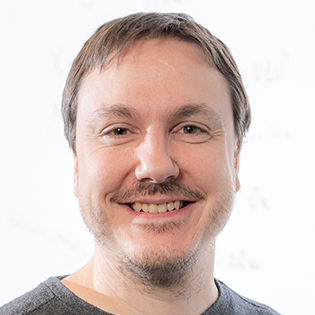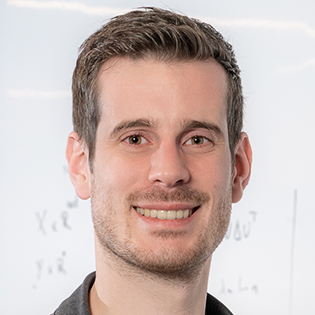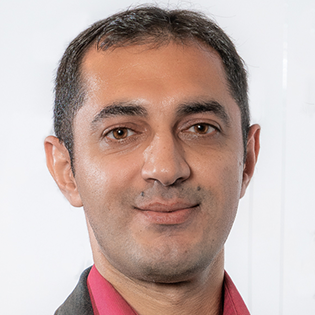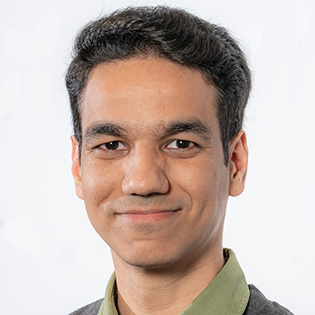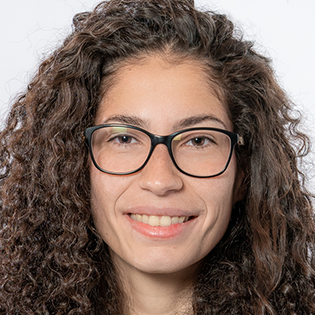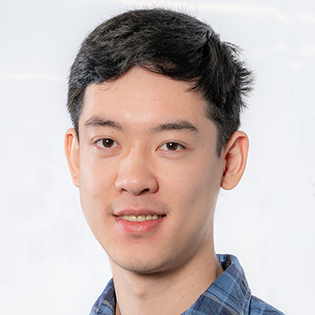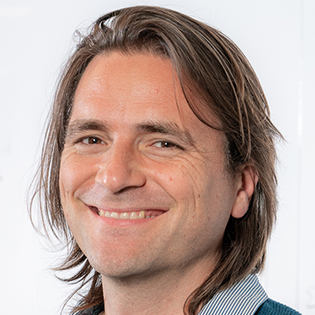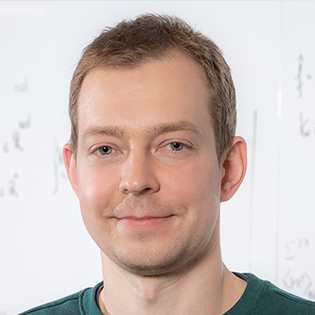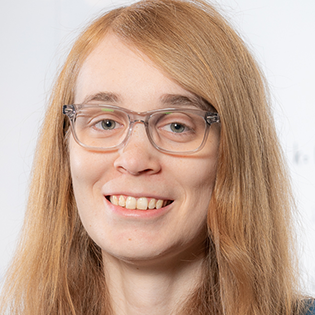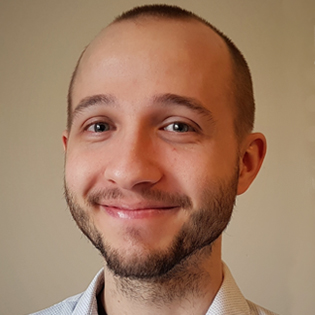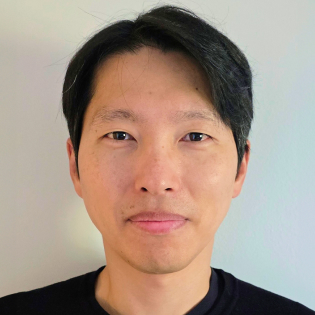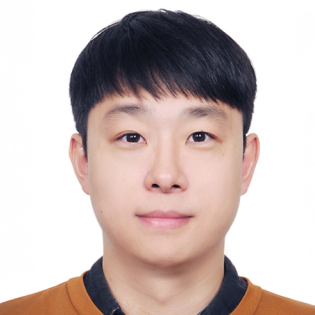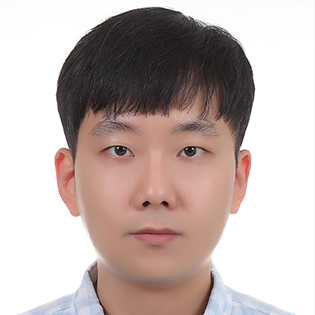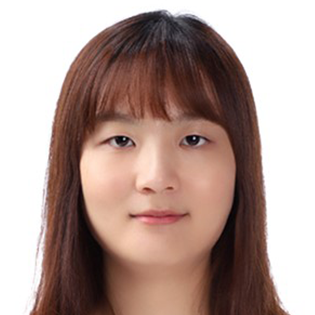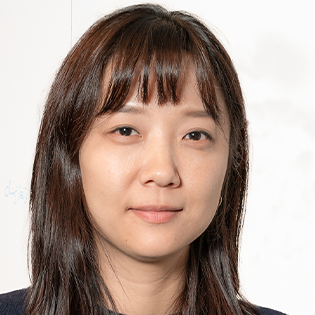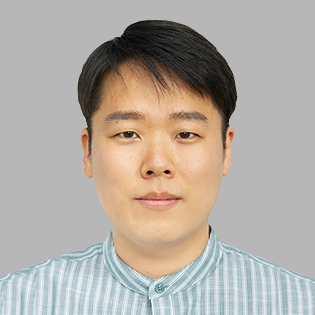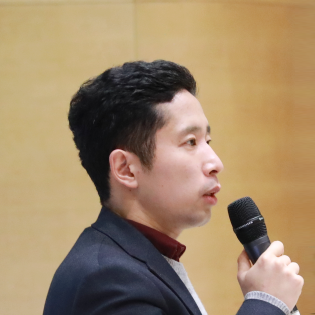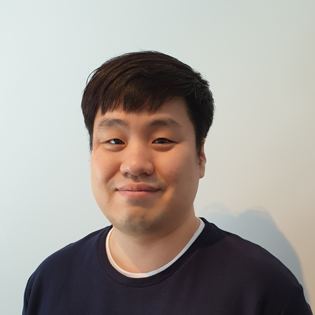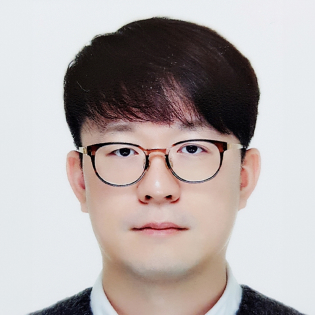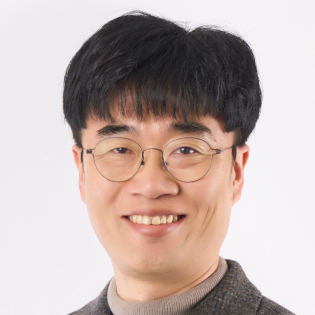SAIT collaborates with talented people around the world to keep abreast of state-of-the-art technologies, drive new trends, and create opportunities. Through Open Innovation, SAIT's global labs located in San Jose, Pasadena, Boston, Montreal, Yokohama, Beijing, Xian, Bengaluru, Moscow, Kyiv, Warsaw, and London work together and cooperate with regional universities, research labs, and companies to develop innovative technologies for all.
Global Labs
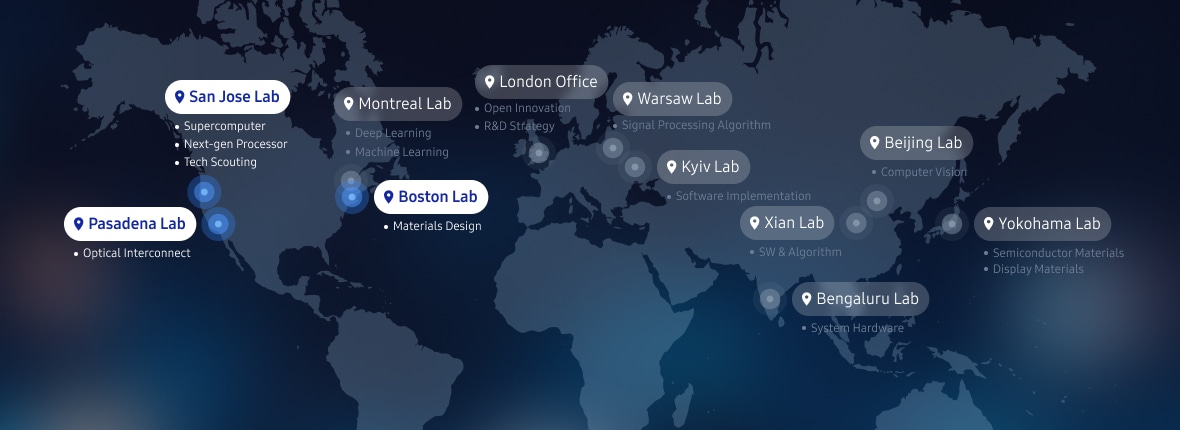
United States
SAIT officially established SAIT-America in May of 2011, with offices in San Jose, Boston, and Pasadena. SAIT-America is strategically located near cutting-edge R&D activities of prestigious academic institutions, renowned
companies, and new exciting startups with a purpose to lead ground-breaking research. SAIT-America’s mission is to plant the seeds of innovative technologies that will grow and yield next-generation Samsung products within 5
to 10 years. Our aim is to achieve this goal by collaborating and working together with the most
creative minds in the world.
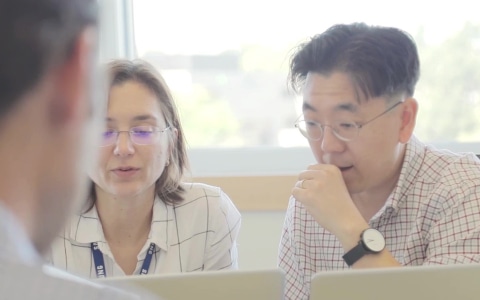
SAIT-America is composed of 4 research labs with an Open Innovation team.
Systems Architecture Lab (SAL) is researching HPC and AI Systems with a focus on overcoming the memory and communication challenges within HPC and AI applications. By taking a holistic, system-level approach to these obstacles, SAL
will be enabling and creating the future of servers and supercomputers around the globe.
Advanced Processor Lab (APL) is a lab that was recently launched and is committed to shaping the future of CPU processors and SoC architecture. APL started working on RISC-V processor research and its main mission is to design the
RISC-V micro-architecture and its advanced features.
Advanced Material Lab (AML) is located in Boston. AML has mainly been focusing its efforts on material research and development, with a special emphasis on next-gen semiconductors and batteries. Our engineers use computational
simulation methodologies and high-throughput synthesis to explore and discover novel materials for these applications. Meta Vision Lab (MVL) in Pasadena is focusing on developing next-gen optical interconnect architectures,
circuits, and devices to support ultra-high data bandwidth requirements necessary for HPC and AI/ML applications. Our goal is to build the interconnect with the size and power efficiency similar to that of electrical interconnects,
but with the extended reach of traditional optical links. The research areas involved are system level modeling and simulation, high speed circuit design, and ML-based optimization.
In addition to R&D, SAIT-America acts as the liaison between SAIT-HQ and the most innovative players in North America for our open innovation efforts. We strive to create strong research relationships with top U.S. based
universities and startups by embarking on a journey filled with creative and innovative collaborations. We look forward to partnering with you.
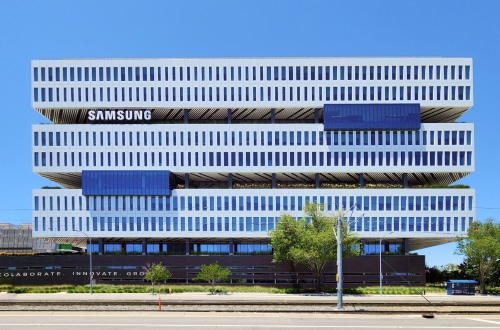
-
Silicon Valley
-
3655 North 1st St. San Jose, CA 95134
-
+1-650-584-2141
-
-
Boston
-
10 Wilson Rd. Suite 150 Cambridge MA 02138
-
+1-650-336-3508
-
-
Pasadena
-
2N Lake Ave, Ste 230, Pasadena, CA 91101
-
+1-626-683-3465
-
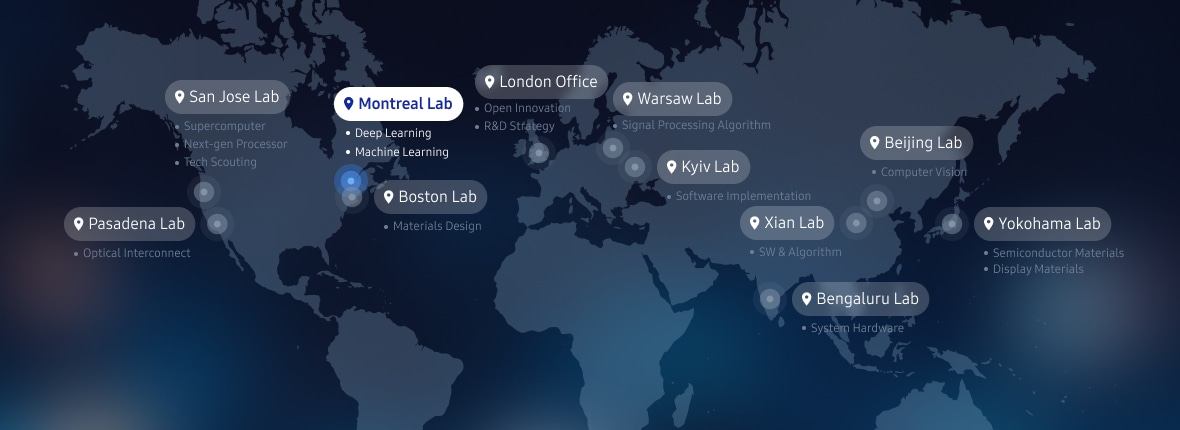
Canada
SAIL Montreal (SAIT AI Lab Montreal) is an academic-style research lab (in close collaboration with Mila) whose mission is to push the boundaries of AI with SAIT and Mila through open fundamental research. Headed by Simon
Lacoste-Julien, a professor in computer science at Université de Montréal and co-founding member of Mila, SAIL is located in Mila's corporate space at the heart of
the Montreal AI ecosystem nearby Element AI, Borealis AI, FAIR, Microsoft Research and others where an open collaborative environment is encouraged.
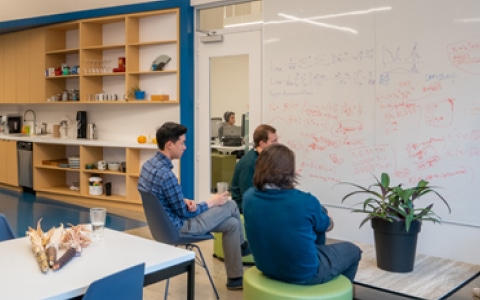
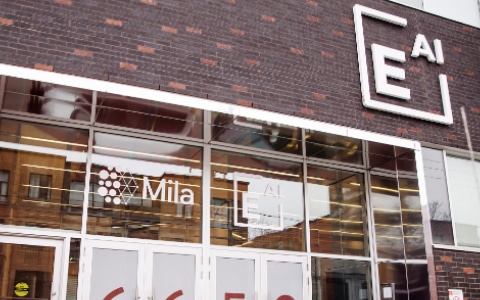
Current research themes for the lab are:
optimization and generalization in machine learning,
with applications to structured data such as in natural
language understanding or computer vision;
interpretability of deep models, causal modeling and
explainable AI;
neural network compression and graph neural networks.
Interaction with visitors from the AI and Software
research center from SAIT (Samsung Advanced Institute of
Technology) in Korea is encouraged.
Their research interests include deep learning, natural
language processing, visual recognition, neural processor
and autonomous driving, among others.
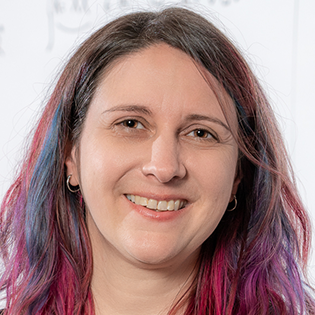
Geneviève Bernard
Office Manager
Authors Alexia Jolicoeur-Martineau, Kilian Fatras, Tal Kachman
Conference AISTATS 2024
Authors Marwa El Halabi, Jakub Tarnawski, Ashkan Norouzi-Fard, Thuy-Duong Vuong
Conference AISTATS 2024
Authors Damien Scieur
Conference AISTATS 2024
Authors Miltiadis Kofinas, David W. Zhang, Boris Knyazev, Yan Zhang, Yunlu Chen, Gertjan J. Burghouts, Efstratios Gavves, Cees G. M. Snoek
Conference ICLR 2024
Authors Yuhan Helena Liu, Aristide Baratin, Jonathan Cornford, Stefan Mihalas, Eric Todd SheaBrown, Guillaume Lajoie
Conference ICLR 2024
Authors Amin Mansouri, Jason Hartford, Yan Zhang, Yoshua Bengio
Conference ICLR 2024
Authors Dingling Yao, Danru Xu, Sebastien Lachapelle, Sara Magliacane, Perouz Taslakian, Georg Martius, Julius von Kügelgen, Francesco Locatello
Conference ICLR 2024
Authors Yuchen Liu, Zhen Liu, Aristide Baratin, Romain Laroche, Aaron Courville, Alessandro Sordoni
Conference TMLR (Nov-23)
Authors Sharan Vaswani, Amirreza Kazemi, Reza Babanezhad Harikandeh, Nicolas Le Roux
Conference NeurIPS 2023
Authors Sébastien Lachapelle, Divyat Mahajan, Ioannis Mitliagkas, Simon Lacoste-Julien
Conference NeurIPS 2023
Authors Boris Knyazev, Doha Hwang, Simon Lacoste-Julien
Conference ICML 2023
Authors Marwa El Halabi, George Orfanides, Tim Hoheisel
Conference ICML 2023
Authors Marwa El Halabi*, Ashkan Norouzi-Fard*, Jakab Tardos*, Jakub Tarnawski*, Federico Fusco*
Conference ICML 2023
Authors Yan Zhang*, David W Zhang*, Simon Lacoste-Julien, Gertjan J Burghouts, Cees GM Snoek
Conference ICML 2023
Authors Sékou-Oumar Kaba*, Arnab Kumar Mondal*, Yan Zhang, Yoshua Bengio, Siamak Ravanbakhsh
Conference ICML 2023
Authors Jihye Kim, Aristide Baratin, Yan Zhang, Simon Lacoste-Julien
Conference ICML 2023
Authors Baojian Zhou, Yifan Sun, Reza Babanezhad
Conference ICML 2023
Authors J. Wilder Lavington, Sharan Vaswani, Reza Babanezhad, Mark Schmidt, Nicolas Le Roux
Conference ICML 2023
Authors Thomas George, Guillaume Lajoie, Aristide Baratin
Journal TMLR (Dec-22)
Authors Raghu Bollapragada, Damien Scieur, Alexandre d’Aspremont
Journal Mathematical Programming (Feb-22)
Authors Alexandre d'Apresmont, Adrien Taylor, Damien Scieur
Journal Foundation and Trends© in Optimization (Dec-21)
Authors Benjamin Dubois-Taine, Sharan Vaswani, Reza Babanezhad, Mark Schmidt, Simon Lacoste-Julien
Journal Machine Learning Journal (Nov-22)
Authors Damien Scieur, Quentin Bertrand, Gauthier Gidel and Fabian Pedregosa
Conference Neurips 2022
Authors Marwa El Halabi, Suraj Srinivas, Simon Lacoste-Julien
Conference Neurips 2022
Authors Konstantin Schürholt, Boris Knyazev, Xavier Giró-i-Nieto, Damian Borth
Conference Neurips 2022
Authors Vikram Voleti, Alexia Jolicoeur-Martineau, Christopher Pal
Conference Neurips 2022
Authors Konstantin Schürholt, Diyar Taskiran, Boris Knyazev, Xavier Giró-i-Nieto, Damian Borth
Conference Neurips 2022
Authors Arushi Jain, Sharan Vaswani, Reza Babanezhad Harikandeh, Csaba Szepesvari, Doina Precup
Conference UAI 2022
Authors Leonardo Cunha, Gauthier Gidel, Fabian Pedregosa, Courtney Paquette, Damien Scieur
Conference ICML 2022
Authors Sharan Vaswani, Benjamin Dubois-Taine, Reza Babanezhad
Conference ICML 2022
Authors Benno Krojer, Vaibhav Adlakha, Vibhav Vineet, Yash Goyal, Edoardo Ponti, Siva Reddy
Conference ACL 2022
Authors Baptiste Goujaud, Damien Scieur, Aymeric Dieuleveut, Adrien Taylor, Fabian Pedregosa
Conference AISTATS 2022
Authors Yan Zhang, David W Zhang, Simon Lacoste-Julien, Gertjan J. Burghouts, Cees G. M. Snoek
Conference ICLR 2022
Authors Rylee Thompson, Boris Knyazev, Elahe Ghalebi, Jungtaek Kim, Graham W. Taylor
Conference ICLR 2022
Authors Lewis Liu, Yufeng Zhang, Zhuoran Yang, Reza Babanezhad, Zhaoran Wang
Conference ICML 2021 (Jul-21)
Authors Damien Scieur, Youngsung kim
Conference ICML 2021 (Jul-21)
Authors Thomas Kerdreux, Lewis Liu, Simon Lacoste-Julien, Damien Scieur
Conference ICML 2021 (Jul-21)
Authors Namyeong Kwon, Hwidong Na, Gabriel Huang, Simon Lacoste-Julien
Conference ICLR 2021 (Sep-21)
Authors Carles Domingo-Enrich, Fabian Pedregosa, Damien Scieur
Conference ICLR 2021 (Sep-21)
Authors Remi Le Priol, Reza Babanezhad, Yoshua Bengio, Simon Lacoste-Julien
Conference AISTATS 2021 (Apr-21)
Authors Damien Scieur, Lewis Liu, Thomas Pumir, Nicolas Boumal
Conference AISTATS 2021 (Apr-21)
Authors Samy Jelassi, Carles Domingo Enrich, Damien Scieur, Arthur Mensch, Joan Bruna
Conference ICML 2020 (Jul-20)
Authors Damien Scieur, Fabian Pedregosa
Conference ICML 2020 (Jul-20)
Authors Fabian Pedregosa, Damien Scieur
Conference ICML 2020 (Jul-20)
Authors Waïss Azizian, Damien Scieur, Ioannis Mitliagkas, Simon Lacoste-Julien, Gauthier Gidel
Conference AISTATS 2020 (Aug-20)
-
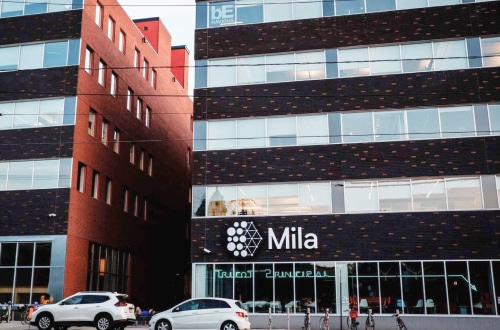 Montreal
Montreal-
6666 St Urbain St, Suite 200, Montreal, QC H2S 3H1
-
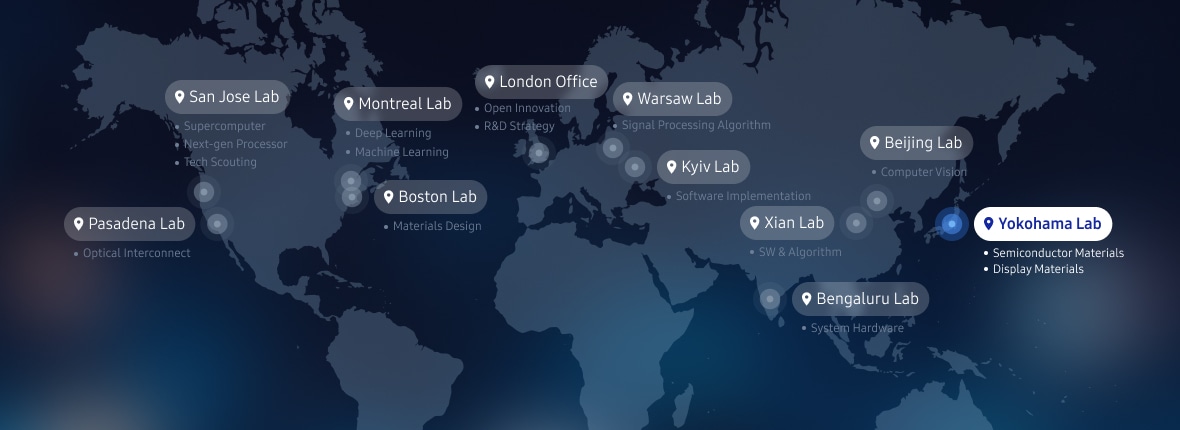
Japan
Samsung R&D Institute Japan (SRJ) was established in August 1992, and completed construction of its building in Yokohama in June 1997. SRJ was pivotal in accelerating research and development activities rooted in Japan.
In January 2023, Samsung Device Solutions R&D Japan (DSRJ) was newly established for Samsung Electronics's DS division in order to focus a wider and higher level of research and development.
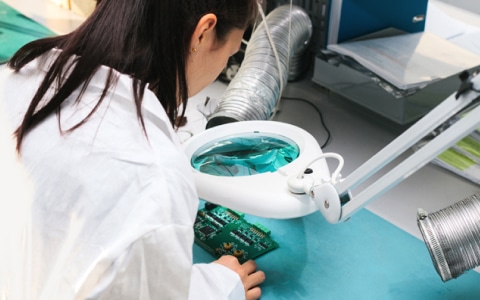
Research activity is being focused in the following areas; System LSI, Advanced Packaging, TCAD Simulator, Electronic Materials and Devices for next-gen semiconductor, display, and battery technologies.
In particular, SAIT AEML (Advanced Electronic Materials Lab) is focusing on developing cutting-edge semiconductor and display materials.
We believe that innovation comes from the creativity and insight stimulated through the interaction with academia. Partnerships with leading universities and institutes are indispensable for DSRJ's research and development
activities. DSRJ is actively conducting research partnerships with universities and research institutes in Japan.
-
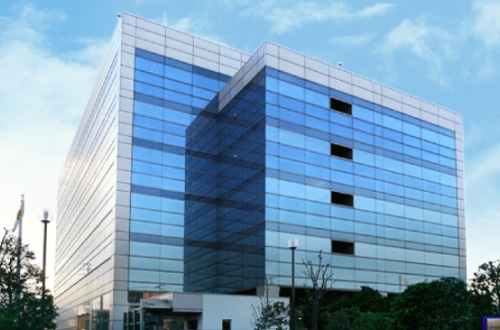 Yokohama
Yokohama-
2-7 Sugasawa-cho, Tsurumu-ku, Yokohama, Japan
-
contact.dsrj@samsung.com
-
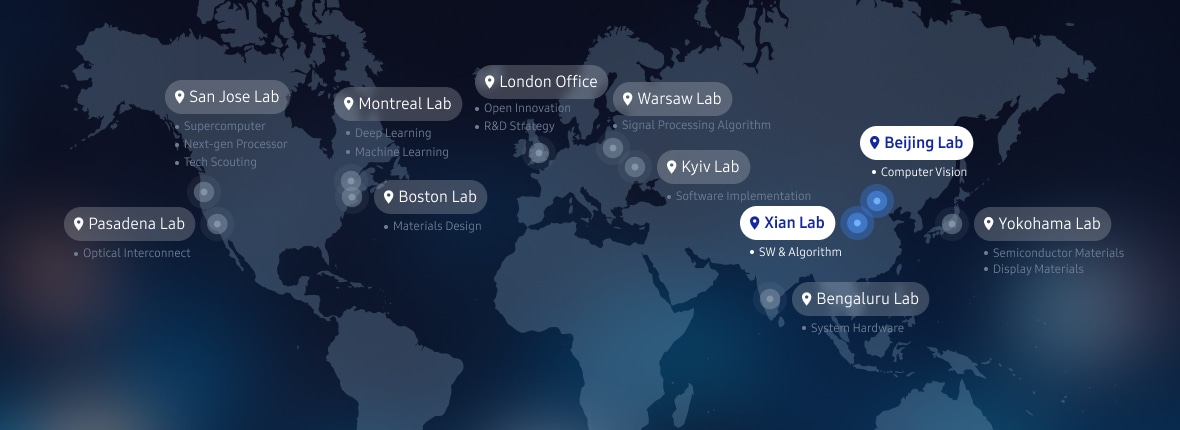
China
SAIT has two Labs in China, SAIT-Beijing and Samsung R&D Institute China Xi’an.
SAIT-Beijing was founded in June 2008 with the directive to "Set up a R&D base for future core-technology & China's leading technologies". The organization is comprised of an advanced research lab and open innovation for
future emerging tech. SAIT-Beijing is located in Chaoyang District, Beijing - the R&D center of China teeming with
top universities, prestigious research institutions, renowned companies, and fast-evolving startups;
providing an abundant pool of talented researchers and collaboration opportunities for Samsung and SAIT.
Samsung R&D Institute China Xi’an (SRCX) was established in 2013.
Xi'an, situated at the heart of western China's R&D hub, boasts prestigious universities, national-level research institutions, and international enterprises. Capitalizing on Xi'an's and China's software talent pool, our
institute is deeply entrenched in the local cultural and industrial milieu, attracting a cohort of elite software engineers and researchers with both international perspectives and local expertise.
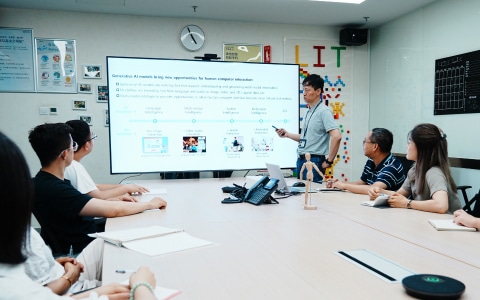
The SAIT-Beijing Lab in Beijing focuses on advanced research for next-generation technologies in computer vision, artificial intelligence, and AI for science. The lab's achievements include contributing core technologies towards
Samsung's flagship products. SAIT-Beijing Lab achieved rank 1 results on public benchmark datasets such as KITTI Stereo Matching (2021), ICCV SLAM Challenge (2023), and ETH3D SLAM (2023). The research results are published in
world’s top conferences including ICML, NeurIPS, CVPR, and ICCV.
SAIT-Beijing aims to achieve scientific innovations through exploratory research in order to advance Samsung's existing technologies and become one of the most influential research labs in China. We collaborate with China's top
universities and research institutes to work on world-leading innovative technologies.
SAIT-Beijing is actively enhancing its local R&D network to incubate differentiating innovative core technologies based on China specific scientific and technical strengths.
In parallel, SRCX aims to innovate the world's top fundamental technologies that will be utilized by various future business demands within Samsung. Utilizing Samsung's next-gen hardware, we are building AI/HPC computing platforms
as well as
AI technologies such as human-centric vision perception, powerful generative AI platform, and efficient model lightweight technologies. SRCX constantly delivers research achievements in the form of international patents and top-tier
conference (CVPR, ICCV, AAAI, etc.) papers every year.
SRCX serves not only as a hub for technological innovation but also as a bridge deeply embedded in the Chinese market.
With our advanced software R&D capabilities and a focus on global alignment, we collaborate closely with SAIT HQ to ensure that our developments maintain global competitiveness.
-
 Beijing
Beijing-
18F, Sun Palace Building, No.12-A, Taiyanggong Mid Road, Chaoyang District, Beijing, China 100028
-
+86-10-8443-9777
-
-
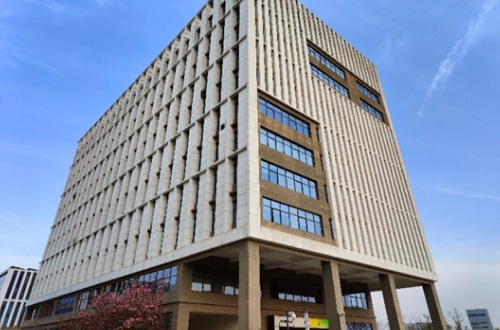 Xian
Xian-
B-1 Building, Xian Software Town Phase 2, No. 156 Tiangu 8th Rd, Hi-tech, Xian, China
-
+86-029-8874-1490
-
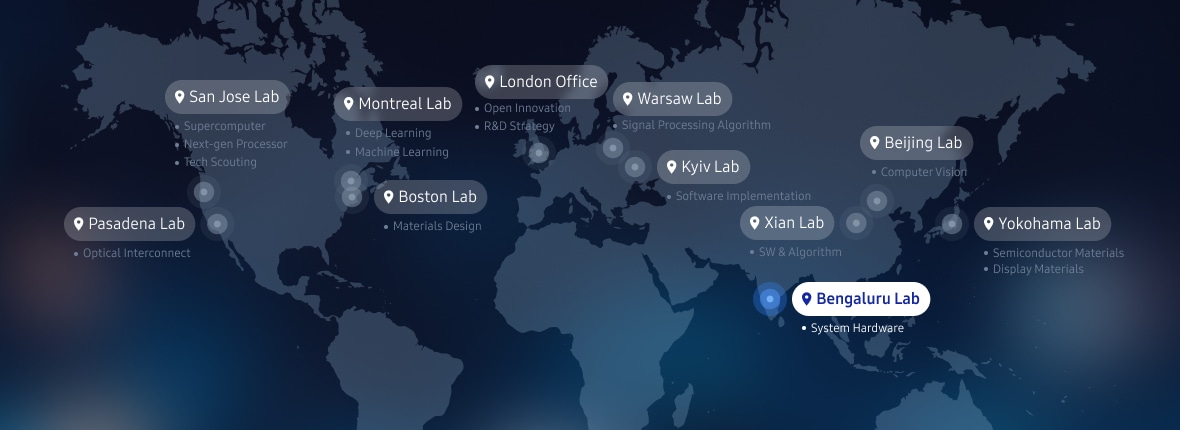
India
Samsung started its Bengaluru center in 1996, primarily leveraging India's growing IT prowess. Since then, the center has grown to become one of the largest R&D center of Samsung outside Korea. Today, 4000+ strong workforce
is providing a wide variety of solutions to various main business units in Samsung.
The dedicated R&D group called SAIT-India was established in 2009 with an aim to primarily conduct R&D in future IT technology. Since 2020, SAIT-India has become an integral part of Samsung Semiconductor India
Research (SSIR), a dedicated DS organization in India, to synergize with the core strengths of SSIR.
SSIR is part of the global network of Samsung, providing component solutions featuring industry-leading technologies such as System LSI, Memory and Foundry. At SSIR, we offer our engineers a foundation to work on cutting
edge technologies such as Foundation IP Design, Serial Interfaces, Multimedia IPs, Mobile SoCs, Storage Solutions, 4G/5G Solutions, Neural Processors, AI/ML, and more.

SAIT-India group is actively involved in advanced topics such as Near Memory Computing, AI accelerators, and RISC-V based SoC. In addition, SAIT-India is developing algorithms for safe battery operation using physics based
simulations by working closely with the research groups in SAIT, Korea. SAIT-India continues to attract top talent around the country and currently comprises of 40+ engineers with many of our researchers having advanced degrees or
crucial work experience from abroad. We are on course to becoming one of the leading R&D establishments in India with performance measured by the number of patents and publications.
SAIT-India, through SSIR, continues to build strong relationships with top Indian institutions; co-working on advanced research topics. Our vision is to build on India's IT competency & fabless design capabilities in order to drive
innovation in multiple disciplines; thus contributing to Samsung's vision of creating new technologies and reaching every individual around the globe.
-
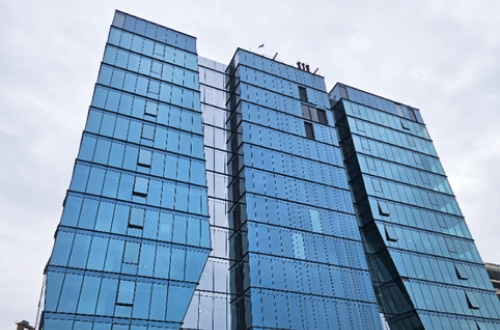 Bengaluru
Bengaluru- Angkor West, Block-C01, Gopalan Urban Woods, Garudachar Palya, Mahadevapura, Bengaluru, Karnataka 560048

Ukraine
Samsung R&D Institute Ukraine (SRUKR) was established in Ukraine in 2009.
SRUKR is strengthening their technological development and enhancing the competitiveness of Samsung products through key research in security, AI, and Computer Vision/
Machine Learning focused areas.
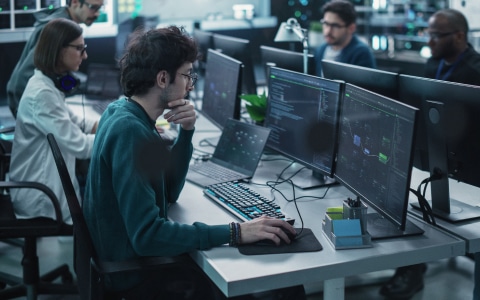
SRUKR is composed of prominent professionals and is working on the study of intelligent security, computer vision, context-aware intelligent service, and etc.
As part of the industrial-educational cooperation and CSV activity, SRUKR actively cooperates with local universities and schools, while creating high-level education activities, and making investments for the future of the IT
sphere within Ukraine.
-
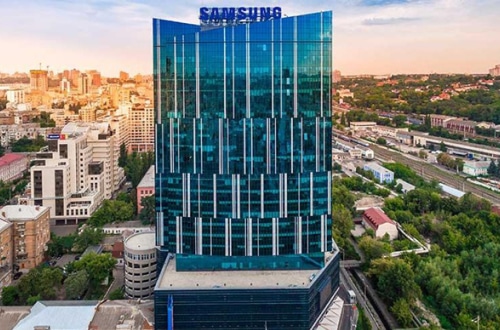 Kyiv
Kyiv-
57 Hetmana Pavla Skoropadskoho street, Kyiv, Ukraine, 01032
-
+380-44-392-1736
-
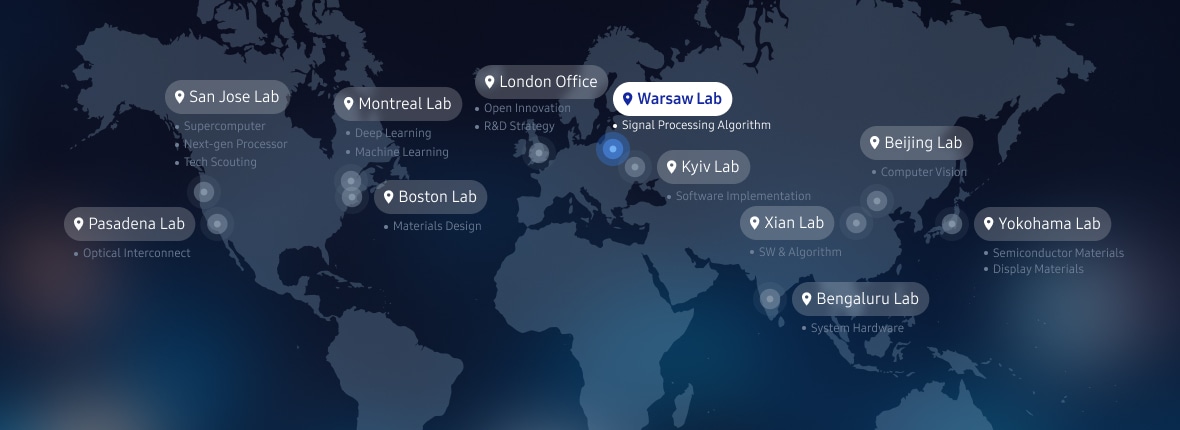
Poland
SAIT created a R&D team in Warsaw, Poland in 2020 to tap into the unique skills and capabilities of Polish engineers. Since its inception, SAIT-Poland team is leading groundbreaking research in the field of camera and visual intelligence. Located in heart of Warsaw and close to university partners, its mission is to enable next-generation camera features and to introduce neural rendering to mobile products that will benefit millions of people all around the globe.


The SAIT-Poland team is focusing their research on signal processing challenges with AI and redefining the classical camera pipeline with next-generation AI-based camera pipeline for future mobile phones; neural rendering
for mobile and AR devices that leverages advanced AI in
order to optimize rendering processes, which ensures efficient performance on resource-constrained mobile hardware and broadening accessibility and usability in everyday applications; revolutionizing user experiences by
providing highly realistic and interactive visual content that enhances immersion and engagement.
-
 Warsaw
Warsaw-
Samsung R&D Insitute Poland plac Europejski 1, 00-844 Warsaw
-
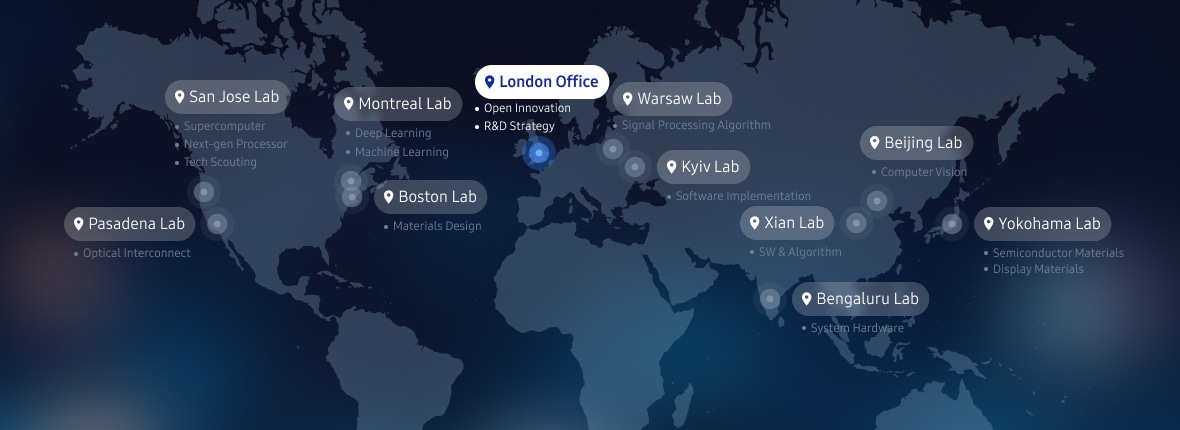
United Kingdom
SAIT-UK was established to actively scout for future technologies throughout Europe since 2007. With the implementation of our open innovation and R&D strategies, we engage in exploration activities and find opportunities for collaborative future technology research with world-class research institutions, universities, and prominent start-ups around the continent.

SAIT-UK's open innovation activities and R&D strategies synergize to create innovative research programs within SAIT-HQ. SAIT-UK's engagement with R&D leaders in Europe allows SAIT-HQ to refine its R&D strategies and to seek out
world-class partners for research collaborations. SAIT-UK facilitates a range of collaborative opportunites including bilateral R&D
project funding and Samsung's annual Global Research Outreach (GRO) funding program.
Our mission is to promote Europe's excellence in both fundamental and disruptive R&D within Samsung while identifying
and developing relationships that will enable SAIT to create and deliver exceptional research.
-
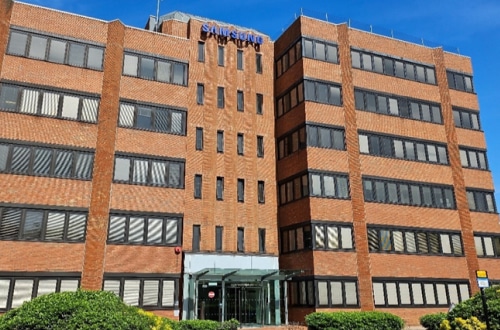 London
London-
Samsung R&D Institute UK, Communications House, South Street, Staines-upon-Thames, Surrey, TW18 4QE, United Kingdom
-
gro.europe@samsung.com
-
